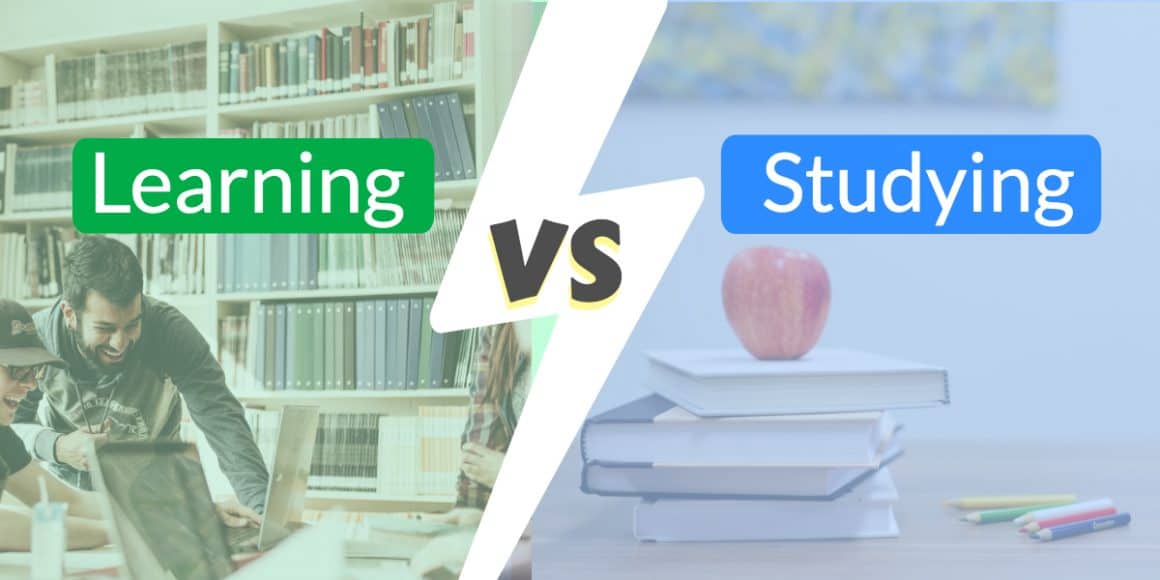
Difference Between Learning And Studying
Learning and studying are both important for different reasons, and it’s important to know the difference between the two. Learning is when you acquire new skills and knowledge about something and studying is when you memorize information to pass an exam or competition. Studying is often considered as “busy work” by most students because it’s what they do to get good grades. We’ll get into the details and break down each of these forms of acquiring knowledge.
Table of Contents
What is learning?
Learning is when you acquire new skills and knowledge about something, which means it’s not necessarily acquired through memorization. There are many different types of learning that include:
- How to do better in school (academic or mental)
- How to do something better in sports
- How a certain task is done at work or school [or vice-versa, how to do your job better]
- How to read and understand a document, letter, or manual
Let’s take a look at the examples from these different types of learning:
Academic learning – Learning how to learn is an ongoing process that needs constant improvement. I was able to get more A grades when I started “learning how to learn” and I was able to get an A+ in my Master’s Degree program.
Learning how to do something better – When I started playing golf, my swing wasn’t great and it made me change my grip a few times until I found the one that suited me best (I’ll share more details about this in another article about learning how to play golf).
Learning at work or school – I had a friend who started working as a clerk and he wanted to get promoted. He asked me for advice on what courses to take, which office software to learn (Excel) [or any other skill that will help him boost his job performance]. He was learning how to do the job better at work.
How to read and understand a certain document, letter, or manual – My friend who started playing golf eventually became a coach for seniors. He had to get out of his comfort zone and learn how to read documents like a Rule Book and know what it means to help students improve their game.
Learning can take place in many different ways, but it’s usually when you face a challenge and seek a solution. It could be as simple as reading a book to learn how to do something better.
Learning is personal and may not require tuition fees as studying does. You can learn many things without spending money.
It’s important to learn as much as you can, but it’s also important not to neglect studying. Studying is considered a good form of knowledge acquisition too.
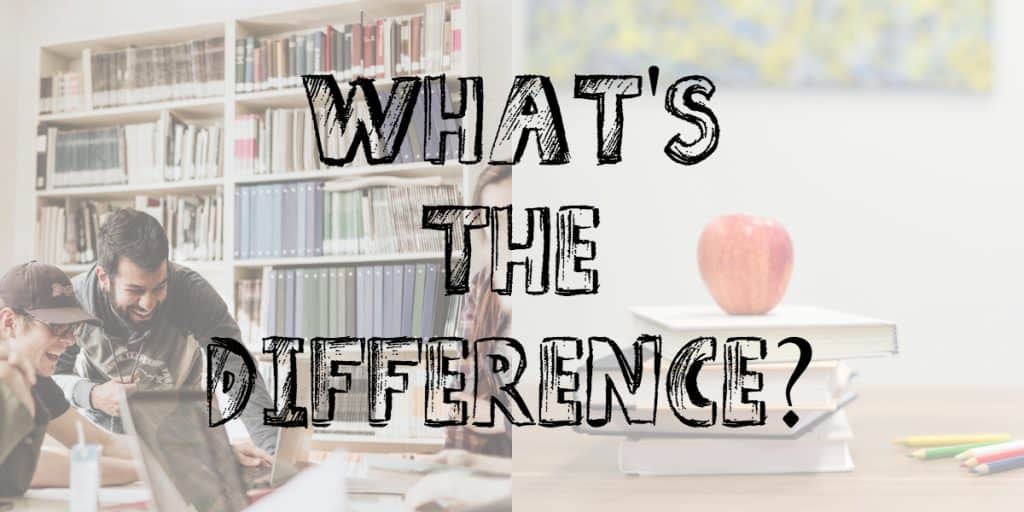
So what’s the difference between learning and studying?
So what is the difference between learning and studying? They are both different forms to acquire knowledge, but they have one thing in common – both require time. Here are the differences between learning and studying:
Learning is a process that requires time to acquire new skills or knowledge, whereas studying is when you collect information to pass an exam or competition. Learning can be applied on your own without anyone else’s help like reading a book by yourself, but studying may require someone who can explain the material to you.
Learning is a continuous process. The activities involved in learning may be considered fun and exciting, whereas studying may be boring and repetitive. I’m not saying there aren’t any subjects that will be interesting – it’s just the process of memorizing information isn’t as thrilling as other types of learning like sports or playing a musical instrument.
Learning takes place when you deal with a challenge and then seek the solution for it, whereas studying is about memorizing information – not necessarily learning how to use it.
When studying for an exam, you’ll need your textbooks or any other study material that will help you study for it [such as online resources or audio lectures].
Studying is a repetitive process, but it’s necessary if you want to succeed in your career or schooling. Therefore, you can’t neglect studying because some subjects are better learned when studied thoroughly (like mathematics and chemistry).
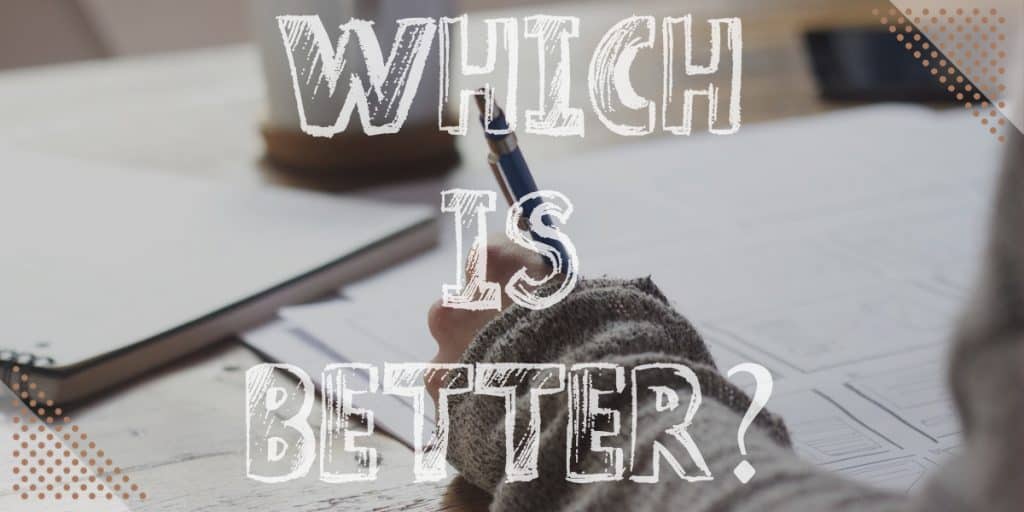
The difference between learning and studying – Which is Better?
Learning is more personal, but it’s not limited to yourself. You can learn a lot of things without spending money or having tuition fees. Studying requires time on your own and from others to acquire knowledge.
Studying is necessary for better grades, but don’t forget to balance out both learning and studying to become a well-balanced student. It’s also important not to neglect learning in favor of studying because sometimes a problem can be solved by thinking outside the box – especially if you know how to look for it.
Why is it important to understand the difference
Students often feel that studying is too repetitive, but there are other ways you can make the process more fun than boring. Learn new things along with your studies so that you don’t get bored by just repeating the same material over and over.
Studying deals with what other people think is important or relevant whereas learning deals more with personal interest – which makes learning different from studying – hence the need to understand the difference between learning and studying. You can learn a lot of things outside of school, but some subjects are better learned when studied thoroughly (like mathematics and chemistry).
Even though everyone learns differently, it’s still always better to go with what works best for you. But then again, sometimes it’s not that easy to determine what works best for yourself. Maybe you need to specifically focus on studying OR learning at a given time.
Subjects like mathematics should be both learned and studied thoroughly, since this sort of subject matters in almost every field of education. It’s all about finding a balance between learning and studying.
Learning is like building a foundation, whereas studying is like making sure that foundation remains intact for as long as necessary. During your early years of schooling, you’ll probably spend most of the time learning, but when it comes to higher studies, there will be more emphasis on studying because you’ll have to balance out what you already know while adding new information.
Which should you choose?
Study hard and learn more on your own so that at the end of the day, both learning and studying become easier as years go by. Don’t forget that constant learning is important even when it comes to higher studies, so you can balance out studying with knowledge retention.
Learning is what helps you figure things out for yourself, whereas studying is more about getting ready for an upcoming exam or competition. You always have to learn something new if you want to change careers or learn a new skill, but studying can help you retain that knowledge in your brain.

How to study effectively
Studying involves making notes, taking advantage of available resources, asking questions, and then repeating it all over again. But there’s more to studying than just these simple things. Find out how you can study effectively by applying the following tips:
1) Read All Related Material Before Class Starts – don’t wait for the professor to tell you what’s most relevant. It’s better to read all related material as a way of getting ahead in the course that you’re learning.
2) Make Notes – write down things that interest you or things that could be useful for your future career (if it’s not too late). Besides writing, try to make diagrams and illustrations of what interests you so that you can remember them later.
3) Take Breaks – make sure that you take breaks so that your mind won’t get too tired. Resting is very important if you want to focus on studying effectively during class.
4) Listen To The Lecturer And Ask Questions If Anything Doesn’t Make Sense – don’t be afraid to ask questions. It’s all part of studying and learning, especially if you’re not too sure about something that your lecturer said in class.
5) Keep Up With All The Work – remember to keep up with all the work even after you have studied it a few times. If you don’t find time to do this, then there will be more questions about the material.
6) Make An Effort To Understand The Material Instead Of Memorizing It – make an effort to understand the material that you are studying instead of just memorizing it because your mind will get tired if you keep on using too much effort to memorize something.
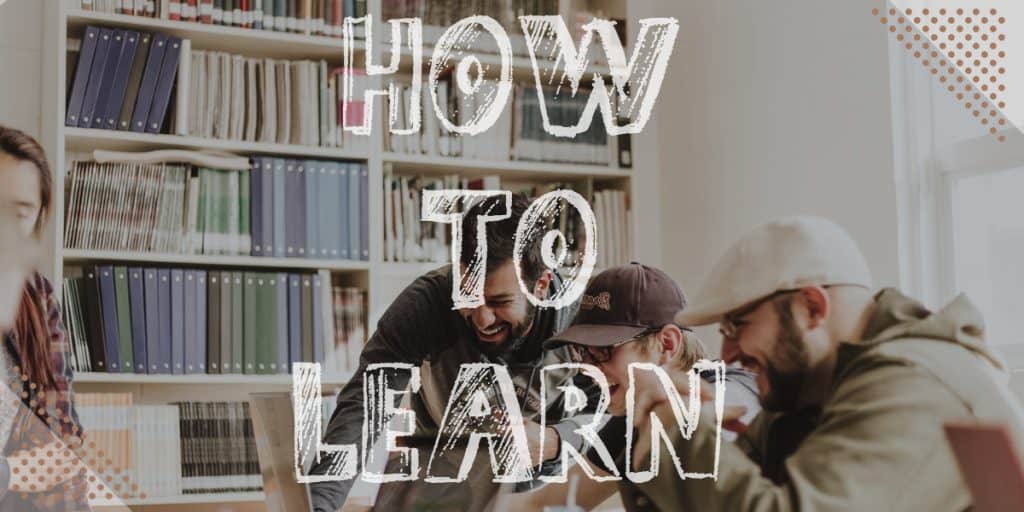
How to learn effectively
Besides studying effectively, it’s also possible to learn effectively – something that most students should know well. Learning can be fun if you are determined enough and willing to try new things that will help you find what works best for you when it comes to learning. Here are some useful tips on how to learn effectively:
1) Take Advantage Of Any Available Resources – don’t just rely on your memory because you probably won’t remember everything when it comes to learning. There are so many resources out there that can help students learn effectively.
2) Textbooks – As painstaking as it may be, read the chapters of your textbook to learn everything they have to offer rather than just memorizing vocabulary or doing the exercises.
3) Read Around The Subject – it’s important to read around the subject that you want to learn to expand your knowledge about the said subject. Reading other relevant materials can help you understand the same concept of a certain course in an easier way, so make sure that you do this often.
4) Use Other Sources Of Information – it’s important to get information from the right sources. There are many articles and other resources you can utilize online
5) Make The Time To Learn And Study A Priority – if your schedule is too tight for studying and learning, then you might want to consider rearranging it. It’s important to make time for studying and learning because life will be so much more difficult if you don’t do this.
6) Take Notes On Information You Think Is Important – the key is to take notes on everything that could be helpful not only when it comes to school but also when it comes to a future career. This will help you out later on in life.
How To Learn Effectively And Study Efficiently
Learning effectively means that you learn and retain most of the information required by your course. When it comes to studying, it’s all about the memorization and regurgitation of concepts. Here are some useful tips to help you learn effectively and study efficiently:
1) Learn Concepts Rather Than The Material – instead of memorizing the material, focus on learning the key concepts because it’s easier for you to understand the bigger picture.
2) Practice Testing Yourself On The Material During And After Studying – testing yourself on the material that you have studied is essential to your success. Make sure that you don’t forget what you’ve learned and study regularly to retain everything you have ever read about a certain subject.
3) Study In A Quiet Environment Without Distraction – as much as possible, try to study in a quiet environment without any distractions. This can help you concentrate on the material more easily and you’ll get a better grasp of everything that you’ve learned.
4) Study In Groups But Make Sure To Take Notes – if studying alone is too boring for you, then consider studying in groups. However, everyone learns differently, so make sure to take notes of any concepts that resonate with you.
5) Make A Plan – make a plan on how you will study and learn before the exam so you can stick with your schedule and don’t deviate from it.
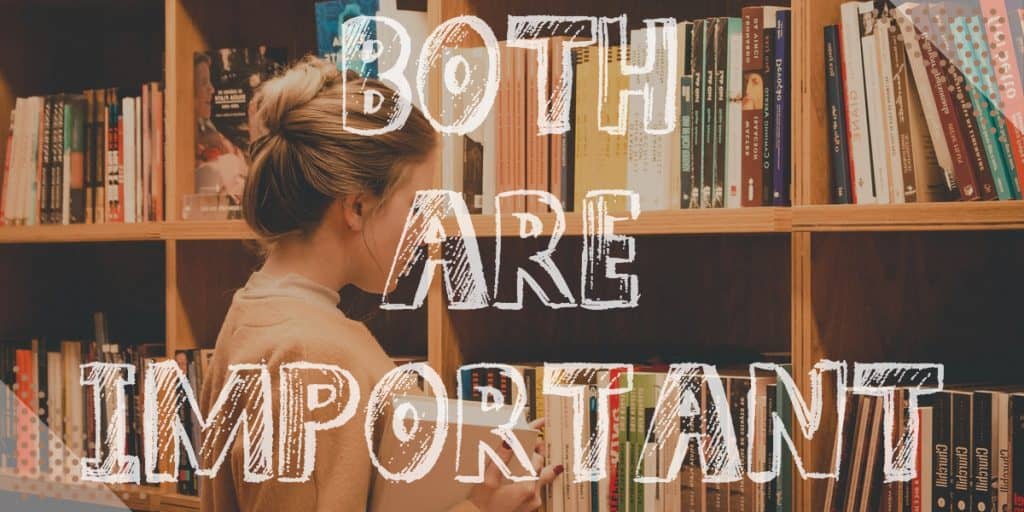
Now you know the difference between learning and studying
So, are you going to study or learn? I hope that by now it’s clear what the difference is and how they can be used in your life. It comes down to personal preference. But we know one thing for certain – you must incorporate both to be successful. Learning something new may make you feel more empowered than just studying, which often feels like busywork. Find the right balance for yourself and excel!




